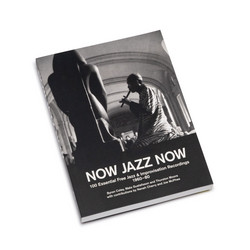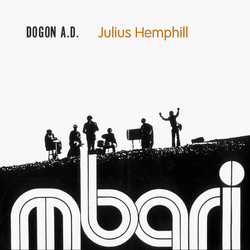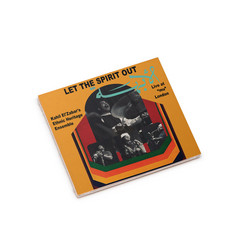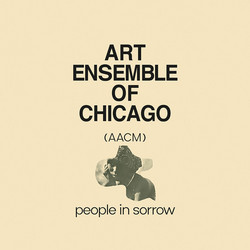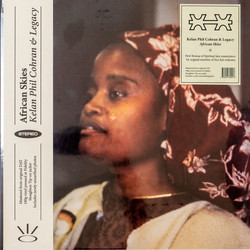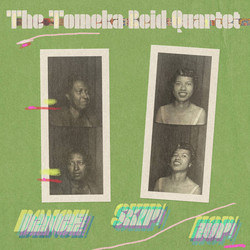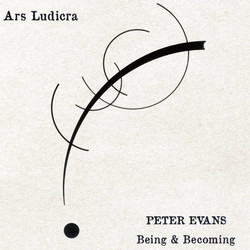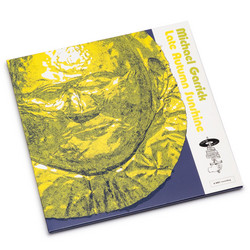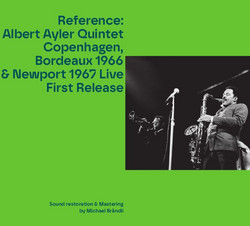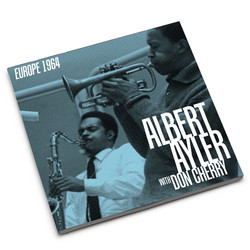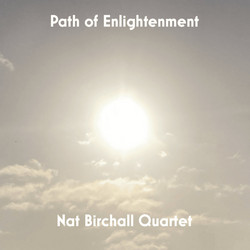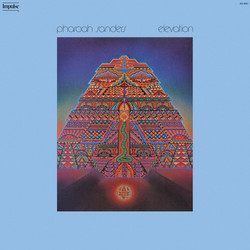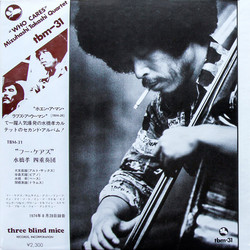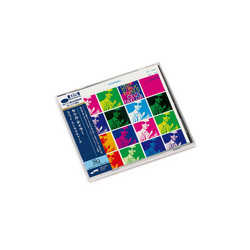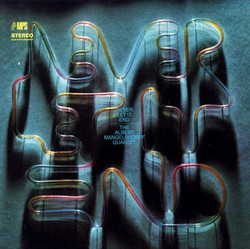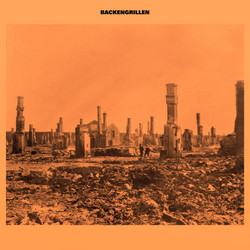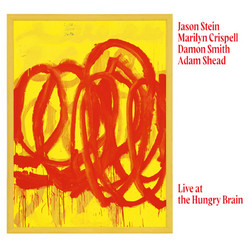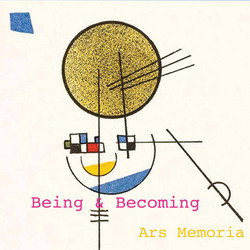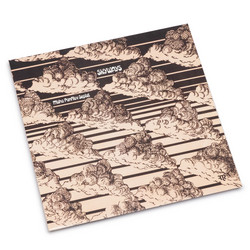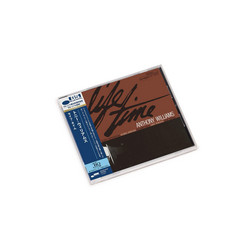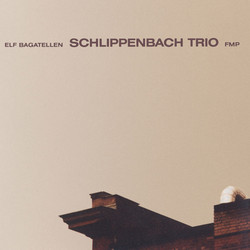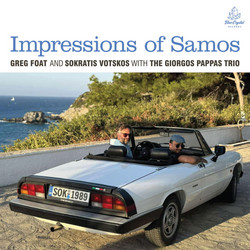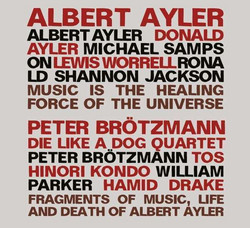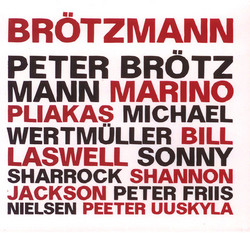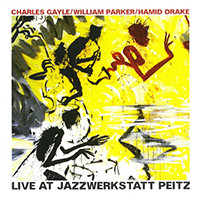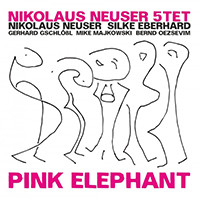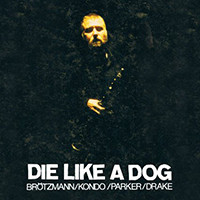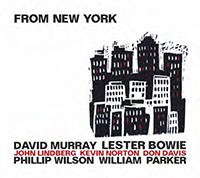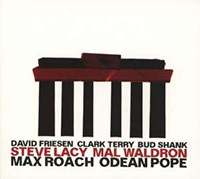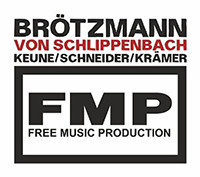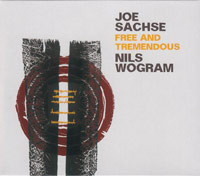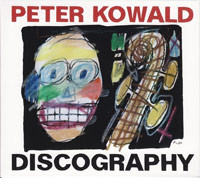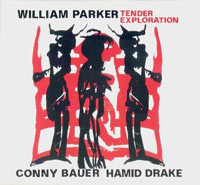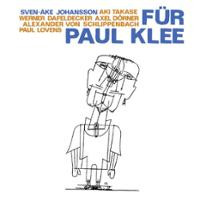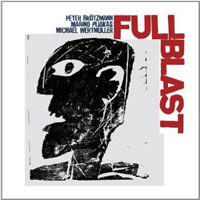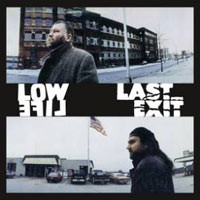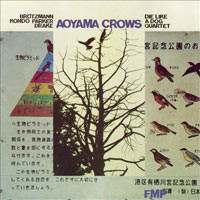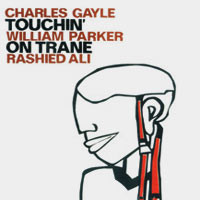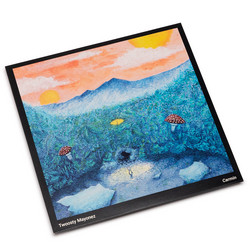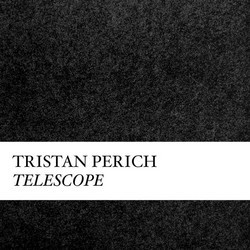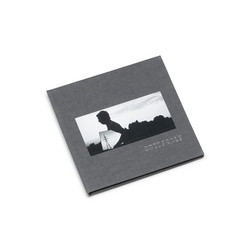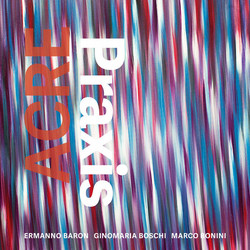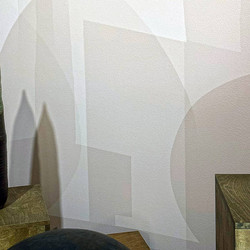One of the highlights of the EFG London Jazz Festival programme at The Vortex was a late night performance by Double Trouble, a quartet led by the Berlin based saxophonist and composer Peter Ehwald. Ehwald is probably best known to UK jazz audiences as a member of the Anglo-German group Paragon featuring Ehwald’s compatriot Matthias Nowak on double bass plus the British contingent of pianist Arthur Lea and drummer Jon Scott. Both of Paragon’s albums “Quarterlife Crisis” (2010) and “Cerca” (2014) are reviewed elsewhere on this site. Ehwald has also worked extensively with the Danish born, London based bassist and composer Henrik Jensen. The pair initially worked alongside drummer Wolfgang Hohn as part of The North Trio who released the excellent album “Songs of Trees” on the UK based 33 Records label in 2008. Jensen and Ehwald later released a charming eponymous duo album for the Music Chamber label which mainly featured their interpretations of traditional Danish and German folk melodies. Born in 1979 Ehwald has studied widely in Germany, London and New York and has worked on numerous other projects in addition to those detailed above. A frequent award winner he is very much the epitome of the modern international jazz musician. A band name as well as a tune / album title Double Trouble was formed in 2010 and released its eponymous debut studio album on the Jazzwerkstatt imprint in 2013. The band features an unusual instrumental configuration with Ehwald and drummer Jonas Burgwinkel being joined by two double bassists, Andreas Lang, a Berlin based Dane, and Robert Landfermann, Burgwinkel’s rhythm partner in the acclaimed trio led by pianist Pablo Held. Landfermann has also been a member of groups led by the iconoclastic young German trumpeter Matthias Schriefl. Although by no means unique the pairing of twin double basses is far from common and the Vortex performance was highly illuminating in the way that it shed light on the roles of the two players , thereby by giving me an insight that may not have been detectable by listening to the album alone. The most striking thing about the performance was the way in which Landfermann and Lang were constantly switching roles within the course of a single tune. It wasn’t just a question of one comping and the other soloing, instead the rhythmic, melodic and soloing duties were passed around constantly in a quartet that was heavily into group interaction. The press release accompanying this album cites Lang as contributing earthiness while Landfermann produces improvisational techniques from ‘far beyond the jazz idiom’ but on the evidence of the Vortex performance their relationship is far more fluid than that, and all the more exciting for it. The unique group chemistry of Double Trouble is also apparent throughout this recording which was captured at three separate concert performances in Dusseldorf, Munich and Potsdam in 2013/14. One or two of the pieces appeared on the band’s studio album but in the main this live album features new material, all of it composed by Ehwald with the exception of an arrangement of the traditional tune “Mimouna”. Several of these pieces were played at The Vortex and listening to this album has brought back many happy memories of that particular evening.The album commences with “In The Zone”, a position in which the band remain for the rest of this nine track recording. Inevitably Double Trouble is a highly rhythmic ensemble but Ehwald’s innate sense of melody, something amply demonstrated on his recordings with Paragon and Jensen, always ensures that the music remains accessible even when the group members are really pushing the envelope – as they do here. Landfermann features on arco bass in the tune’s early stages and Ehwald’s intense and exploratory tenor solo really tests the limits and stretches the fabric of the piece. Eventually the music resolves itself with an example of the kind of quirky melodicism that distinguishes Paragon at their best. The following “Reprise” is more reflective and atmospheric with long, delicately brooding tenor sax melody lines and with Burgwinkel playing the role of colourist in a drumming performance that combines detail with subtlety. These two are well supported by their bass playing colleagues with Landfermann again making effective use of the bow. Ehwald switches to keening soprano for the adventurous arrangement of the traditional “Mimouna” which opens in quasi modal style with Ehwald in dialogue with Burgwinkel as the twin basses rumble ominously behind them - think Coltrane, Jones and Garrison. The pace and style then changes abruptly, the second half of the tune beginning more reflectively before rapidly regaining momentum, this time with more of a ‘world jazz’ feel. Ehwald delivers a dazzling solo, lightly skipping over the waves generated by the bassists working in tandem with Burgwinkel’s brilliant polyrhythmic drumming. The audience in Dusseldorf loved it. The band’s signature tune “Double Trouble” opened the Vortex performance and brings the twin basses to the fore as they dovetail effectively with the gentle patter of Burgwinkel’s colourfully nuanced drumming. There’s even something of a bass solo but I’m not going to second guess who it is. Ehwald’s tenor tone is soft and breathy on a tune that is rather more gentle and subtle than its title might suggest. Ehwald employs a harder edged tone and makes judicious use of multiphonics on the Coleman-esque “Mr Soju” before embarking on a free-wheeling solo buoyed by the bubbling rhythmic ferment created by the bass team in conjunction with the consistently brilliant Burgwinkel. There are subtler, more freely structured episodes too which add an element of light and shade to the album’s lengthiest track. “Dreamband” begins by deploying wistful, wispy tenor melody lines over the patter of hand drums. One of the benefits of the twin bass line up is the way it free up Burgwinkel who plays with great imagination and inventiveness throughout. Ehwald takes the first solo, gradually increasing the intensity of his playing, but the piece is most notable for the extended mid tune conversation between Burgwinkel, Landfermann and Lang prior to Ehwald’s return. The leader returns to soprano for “Branded”, his tone almost flute like at times in this intimate but increasingly animated four way conversation featuring the rich rounded sounds of both bassists and the ever colourful and imaginative drums and percussion of Burgwinkel.“Bohdan” is one of the album’s most forceful and energetic performances with Ehwald’s rough edged but fluent tenor well supported by the by the intertwined basses and Burgwinkel’s dynamic drumming. There’s also an extended feature for the drummer on a piece that has inevitably become something of a live favourite. The album ends on a surprisingly reflective note with the atmospheric “Rain” with its long, mournful saxophone lines, deeply resonant bass and cymbal shimmers. There are also elements of extended technique including multiphonics, arco bass and possibly even bowed cymbals. It represents an unusual way to conclude an album but as a piece of music it is both haunting and effective.
“Double Trouble Live” represents an impressive piece of work from Ehwald and features some strong melodic themes for this unusual trio to get their teeth into. The separation between the basses is less apparent on record than in the flesh and on disc Ehwald and Burgwinkel almost inevitably emerge as the two most distinctive instrumentalists. Having said that the record retains much of the quartet’s live energy and although uncompromising the music remains readily accessible to most adventurous jazz listeners. Ehwald is a superb technician, a fluent and often inspired soloist and a consistently interesting composer. He’s a musician who will continue to become an increasingly important figure on the international jazz scene.
